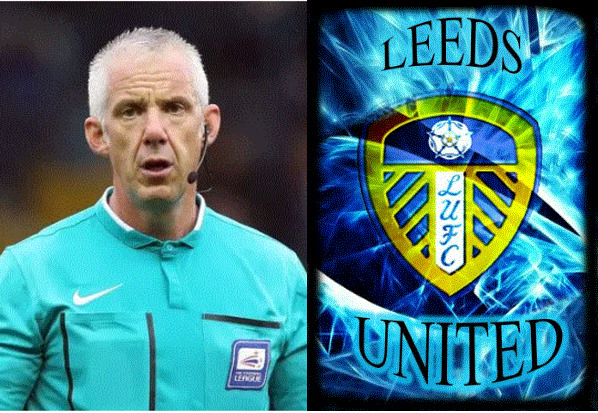Chris Foy, a former Premier League referee, has shed light on the disallowed goal scored by Georginio Rutter during the Leeds United versus Bristol City match. The Whites secured a 2-1 victory in the Championship game at Elland Road, with goals from Daniel James and Joel Piroe.
Foy emphasized the inherent difficulty of making calls in congested penalty areas. He explained that when Sam Byram volleyed the ball towards the goal, Georginio Rutter, who eventually scored, was positioned just beyond the second-to-last opponent, placing him in an offside position. Although Rutter didn’t make contact with Byram’s initial shot, he made a clear attempt to influence the ball’s trajectory, notably affecting the Bristol City goalkeeper’s ability to make the save. As a result, the goalkeeper delayed his save and spilled Byram’s effort, allowing Rutter to tap in the loose ball.
The situation involved two offside infractions: Rutter’s initial action impeded the Bristol City goalkeeper’s save attempt, and after the save, Rutter gained an advantage by initially being in an offside position, leading to the eventual tap-in. According to Foy, the decision by the officials was a correct one.
In a season marked by intense scrutiny of officiating in English football, including the Premier League, controversial decisions have not been limited to the top tier. However, in this case, it appears that the right decision was made at Elland Road.

Although Rutter might have been disappointed that his goal didn’t stand, there are few grounds for complaint regarding the decision. The focus in English football remains on achieving consistency in officiating across the board, a long-standing issue that continues to be a concern.
Ultimately, the disallowed goal did not impact the outcome of the game, which brought relief to the majority of fans at Elland Road and Leeds United manager Daniel Farke. The important win propelled Farke’s team to fifth place in the Championship standings as they headed into the international break.

